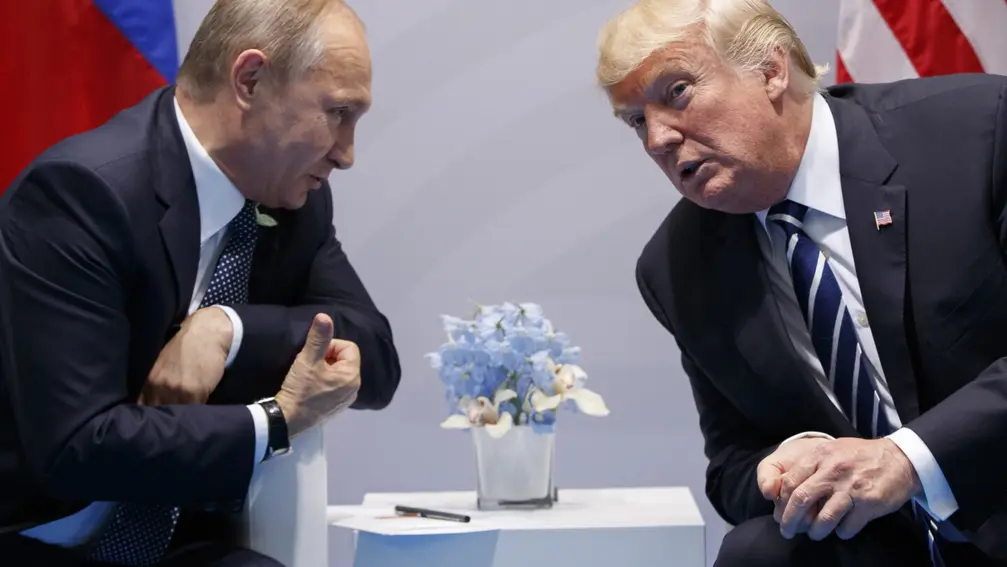T4K3.news
Peace talks advance amid battlefield gains
Russia widens gains in Donbas as Ukraine signals leader-level talks and global actors weigh in on peace efforts.
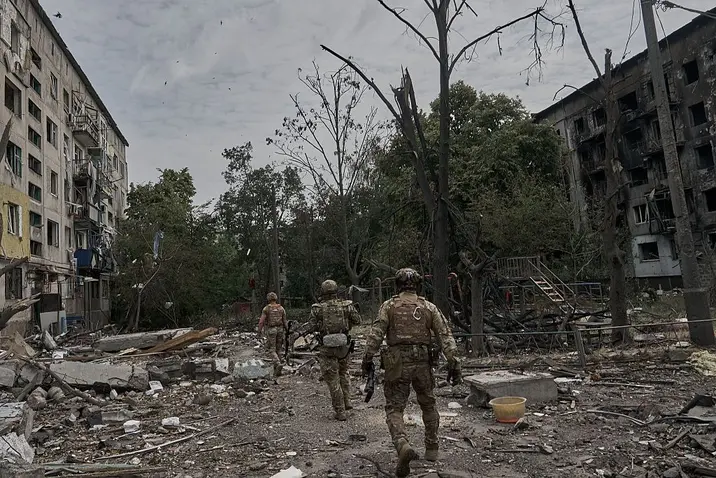
A analysis of battlefield gains in Donbas and how they shape possible peace talks between Russia and Ukraine.
Russia strengthens hand in potential peace talks with steady advances in Donbas
In the Donetsk region, Moscow keeps its focus on the Pokrovsk sector, with troops pushing northeast of the logistic hub that once held about 60,000 residents. DeepState, a Ukraine-based open-source battlefield monitor, says Russia is closing in on a 16 kilometer wide pocket around Pokrovsk as fighting continues on several axes.
The British defense ministry reported that Russia likely captured about 500 to 550 square kilometers of Ukrainian territory in July. At the same time, Ukrainian President Volodymyr Zelensky said Ukraine is ready for a leader level meeting and could join talks that include the United States. Analysts caution that Russia may use negotiations to extend gains rather than produce a true end to the war, while Ukraine shifts troops and resources to bolster positions around Dobropillia and nearby towns such as Kostiantinivka as the front lines remain porous.
Key Takeaways
"Russia wants to negotiate in good faith"
Muzyka on Russia's willingness to bargain
"Only at the leader level can we resolve all the complex and painful issues"
Zelensky on meeting formats
"Ukrainian ability to defend the terrain is essentially decreasing"
Muzyka on battlefield resilience
"There has been no front-line change in how the Russians are attacking"
Kastehelmi on front-line dynamics
The shifts on the battlefield give Moscow leverage in any peace process, potentially pressing Kyiv to bargain from a position of advantage. Yet the momentum also raises the stakes for diplomacy, making a ceasefire feel less like a lasting settlement and more like a temporary pause that could be tested again. The involvement of external actors, including former President Donald Trump, adds complexity by turning talks into a wider political contest rather than a straightforward security negotiation.
The war now hinges on whether Ukraine can sustain counterattacks, plug gaps in its lines, and maintain international backing. Analysts warn that Russia may seek to extract maximum terms before any durable agreement, while Ukraine must balance concessions with credible deterrence to avoid a rapid fall in key cities. The outcome will depend on logistics, civilian resilience, and how reliably partners translate support into battlefield advantages.
Highlights
- Russia wants to negotiate in good faith
- Only at the leader level can we resolve all the complex and painful issues
- Ukrainian ability to defend the terrain is essentially decreasing
- There has been no front-line change in how the Russians are attacking
Political sensitivity around peace talks
The article discusses battlefield gains and diplomacy, which could provoke reactions from governments and publics. The content covers sensitive topics like negotiations, ceasefires, and troop movements.
Peace talks will test the balance between momentum on the ground and durability of any agreement.
Enjoyed this? Let your friends know!
Related News
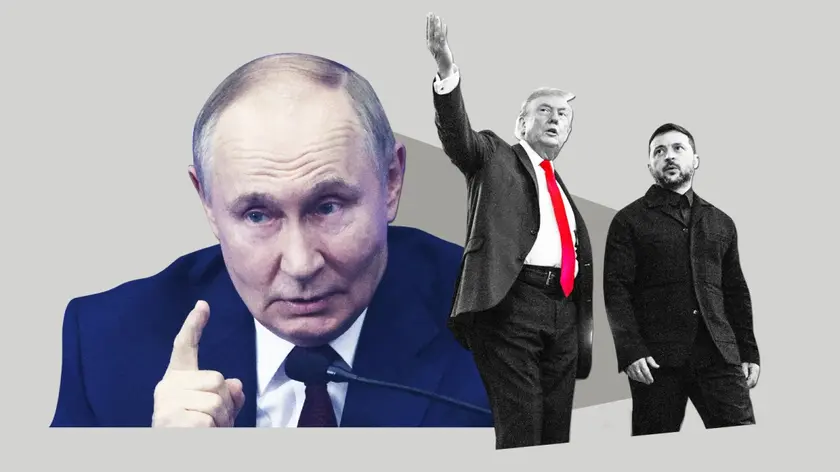
Putin signals potential Ukraine deal

Europe to fund Ukraine defense continues

Trump signals peace talks with Russia ahead of Alaska summit
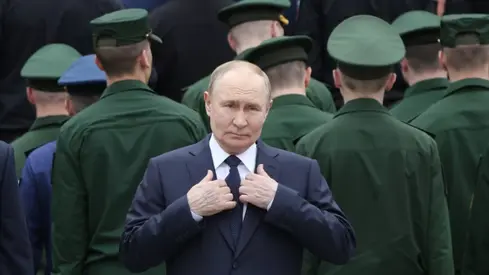
Putin and Trump meet in Alaska

Peace terms collide with battlefield reality
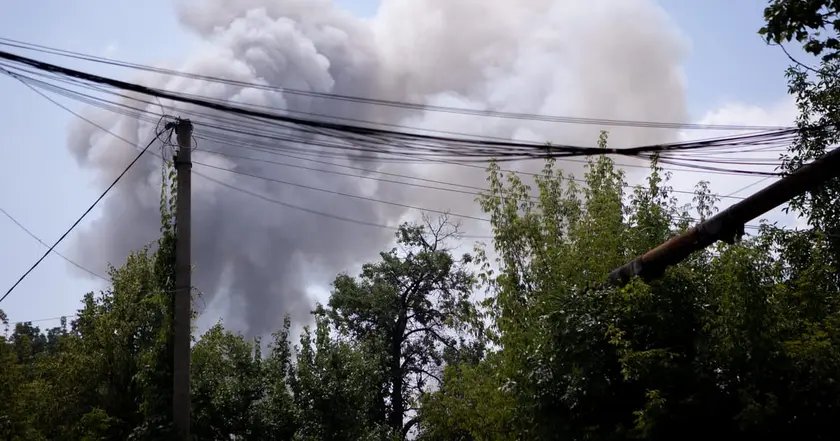
Frontline moves in Donetsk ahead of Putin Trump talks
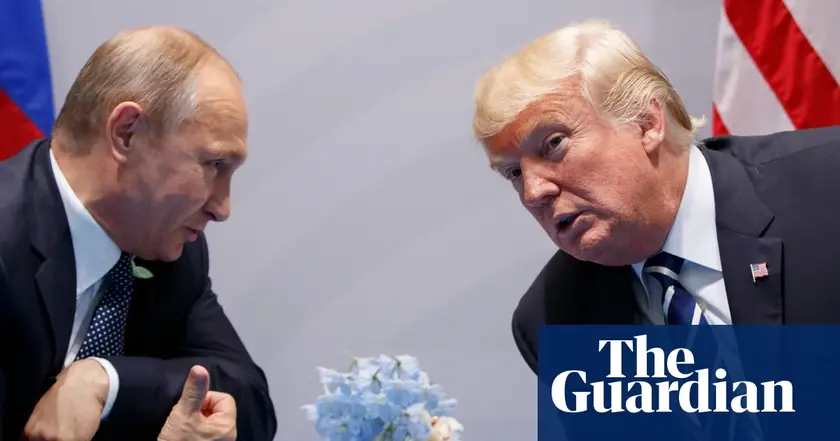
Trump Putin Alaska summit stirs Ukraine worries
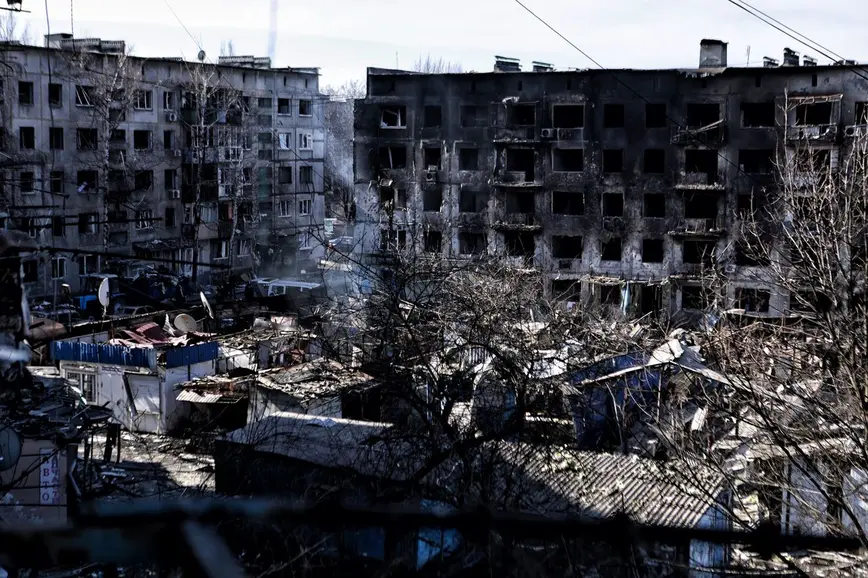
Russian forces breach Donetsk defense
